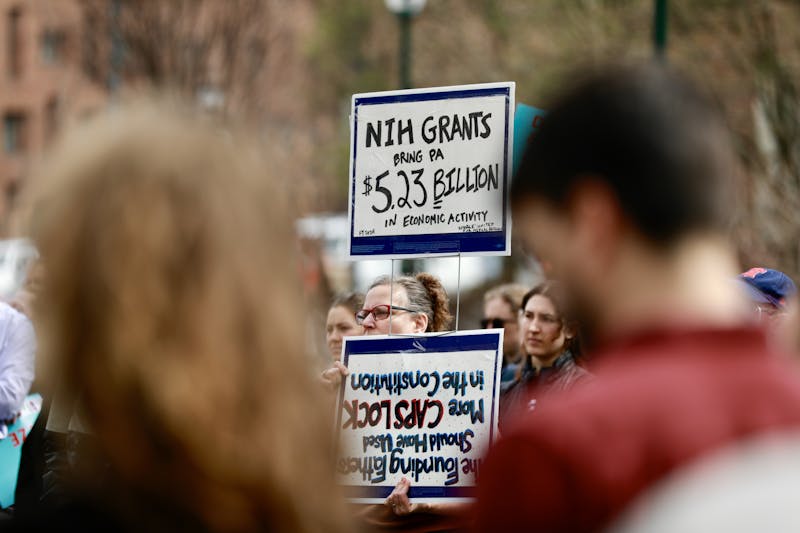This semester, Penn study abroad programs in countries that had previously been placed on a travel advisory because of the threat of the Severe Acute Respiratory Syndrome virus have been fully reinstated.
Early last April, the University urged students, faculty and staff members to postpone plans to travel to China, Hong Kong, Taiwan and Singapore because of the SARS epidemic.
Later that semester, students were advised to come back from the infected countries. Those who did return were then allowed to finish up their semester and take their exams at Penn, according to Director of Study Abroad Geoffrey Gee.
"They were there when the outbreak was at the worst," Gee said, and were asked to come back for their own safety.
Students planning to study abroad in affected countries during the fall semester were then asked to make alternate plans, should the SARS epidemic continue. Now, however, these students can go to their original country of preference, Gee said.
Despite this, many students opted not to follow through with their previous plans.
Of the original 42 applicants for fall study abroad programs in countries that were affected by SARS, only 11 are continuing with their plans.
Seven students withdrew completely from the study abroad program, seven deferred their study abroad plans to a later date, and 17 students decided to study in different countries.
The decision to have all study abroad programs available for this semester was made based on the fact that the SARS epidemic seems to have subsided.
According to the World Health Organization, the last reported SARS outbreak was successfully dealt with in Taiwan in early July.
The epidemic is believed to have originated in China, and has caused over 900 deaths and affected over 8,400 people since the time it first erupted in November 2002, according to the World Health Organization.
Other universities have also been adjusting their study abroad policies for students traveling to SARS-infected countries in an effort to keep them safe.
Columbia University canceled its Summer Language Program in Beijing and instead offered a New York Chinese Language Program in its place, said Fay Ju, assistant director of overseas programs at Columbia.
Yale University had also taken certain precautions for study abroad students, but the recent restrictions for students traveling to China have been removed.
According to a notice posted on the Yale Web site, "effective June 30, 2003, based on actions by the World Health Organization (WHO) and Centers for Disease Control (CDC), the Yale travel advisory for Beijing, China has been rescinded."
However, Yale still suggests that students be extra careful and check the most recent updates before traveling to China or other previously SARS-infected countries.
Harvard University also canceled its summer program in Shanghai, according to Director of International Programs Jane Edwards.
"Harvard does not sponsor undergraduate students for study, research or internships in countries with State Department warnings above a certain level, and this affected students planning to travel to certain countries affected by SARS," Edwards said. "Those restrictions have now been lifted, since the warnings have been lifted."
The Daily Pennsylvanian is an independent, student-run newspaper. Please consider making a donation to support the coverage that shapes the University. Your generosity ensures a future of strong journalism at Penn.
DonatePlease note All comments are eligible for publication in The Daily Pennsylvanian.







